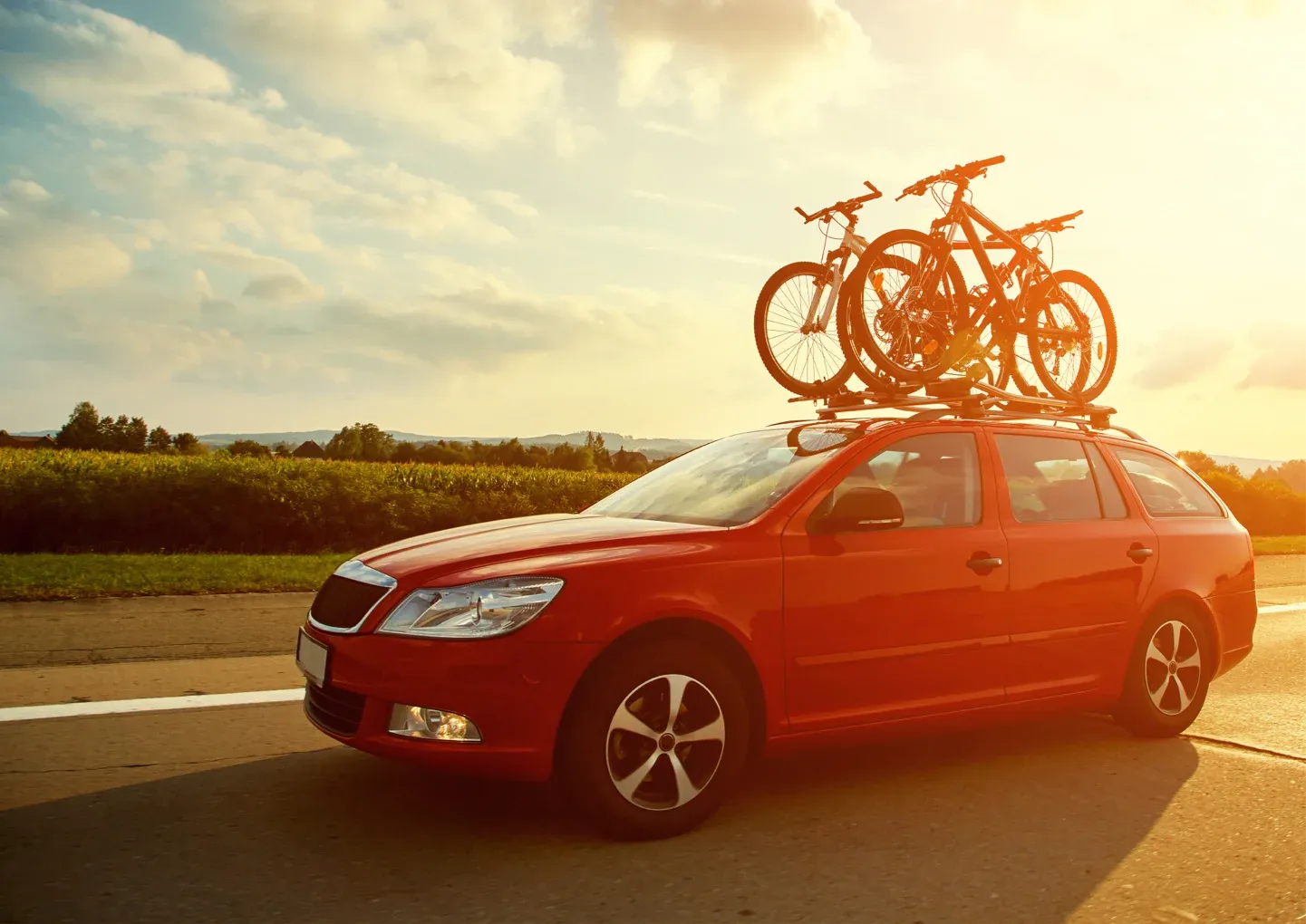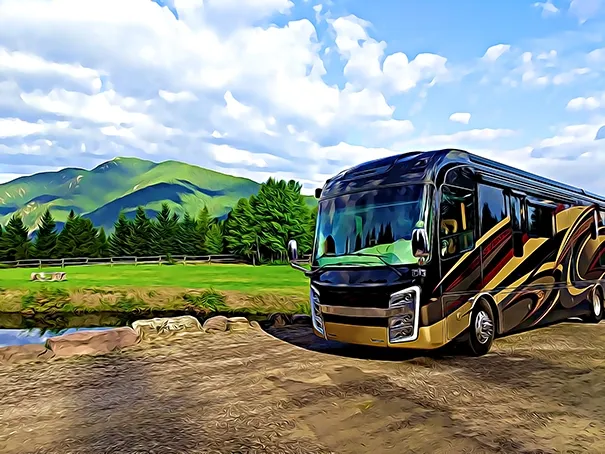

Car Storage
Need extra space to store vintage car or work truck? We have the perfect storage solution for you. Free up your driveway and utilize one our indoor or outdoor storage options.
Find StorageReliable and Secure Car Storage Options Close to Home
SUPERIOR PROTECTION
Car Storage You Can Count On!
All our interior car storage units offer superior protection from the elements. Along with providing convenient and clean self-storage options, we provide peace of mind that your car is secure during your rental with a variety of security features. Reserve your storage unit online for free for 7 days with no deposit or credit card required. You can also move in online or over the phone.
What Size Storage Unit Do I Need for My Car?
Those looking for enclosed car storage will have to break out the measuring tape and measure your vehicle. Storage units are measured in feet and the average height of a storage unit varies but is around 8 feet so those with raised vehicles should opt for outdoor parking spaces. Be sure to call up the storage facility you plan to rent from first as they will make sure that you are placed in the correct unit. We also put together a quick guide to determine if you can store a vehicle the following sizes.
10 x 15 | Storage Unit
Some 2 door coupes will fit in these units but nothing else. You may be left with a few inches of space. Remember that the door to the storage unit must close so make sure you measure your vehicle before renting this unit.
10 x 20 | Storage Unit
One of the most popular indoor storage solutions for vehicles as most sedans, crossovers, and small pickup trucks will fit in these units.
10 x 30 | Storage Unit
For those with SUVs and regular sized pickup trucks a 10×30 is a great size unit for these vehicles. Remember there is a ceiling height so it may still be a tight fit. Call your local storage facility for exact measurements.
STORAGE FEATURES
Peace of Mind For Your Investment
TESTIMONIALS
What our Customers are Saying

I've been renting since my deployment. I needed to store my motorcycles and house hold goods. The staff are amazing!
Chris E.
I needed a place to store my vehicle for the winter. The gentleman i dealt with was polite, efficient, and looked out for my best interest by finding me a different unit to store in that was nicer to use and also found a discount to use.
Tom L.
Wonderful customer service from Joseph at the call center to Jennifer at the property location. I would recommend to others.
Diane A.
Nice place to store your RVs or vehicles.
Lauren DaySTORAGE TIPS
Preparing your Car for Storage
Your vehicle needs special care when putting it into storage. Use this checklist to make sure it is ready to go for your next road trip.
Clean the Car: You do not want come back months later and find that dirt and grime have taken over your vehicle. It also helps to check under your seats for discarded food wrappers or other items that you may have forgotten about.
Check the Fluids: Next you will want to turn your attention to your vehicle’s fluids. Change your car’s oil and filters. Then top off the fuel tank and add fuel stabilizers. The shelf life of standard fuel is approximately 3 months so if you plan to store it longer than that be sure to drive it periodically and repeat the process.
Battery Prep: The next thing you should do is to disconnect the battery as cars drain the battery even when it is off. A great tip is to back your car into your storage unit. In the event your battery happens to die while in storage it will be easier to jump start it if the hood of your car is closer to the door. That way you do not have to run to the store to purchase extra-long jumper cables.
Preparing Windshield Wiper Blades: Windshield wiper blades should be placed in the upward position. In other words, away from your car’s windshield. Over time, the rubber on your wiper blades can start to deteriorate. If they are against your windshield, it can cause the rubber on the blades to stick and create a hard to clean off residue.
Prepare Brakes: Make sure you do not use the parking brake because brake pads can fuse with the rotors if they are left in contact for too long.
Leave the Top Up: This piece of advice goes to all the convertible owners out there. Leaving the top down for long periods of time can develop creases and additional damage your top. This is especially true in colder climates. Close your vents too in case any pests decide they need a warm place to camp out.
Update Auto Insurance: When it comes to auto insurance be sure that your coverage is updated to include Storage Rentals of America as the location your vehicle is being stored at.
What Documentation is Required to Store a Vehicle?
You will need to bring in three documents when you come in and rent with us. A government issued ID like a driver’s license or passport, vehicle registration, and proof of insurance. Check with your insurance provider to see if your policy covers storing your car in long term storage and bring in a copy.


Car Storage Made Easy
Reserve your parking space or storage unit online or over the phone. Have questions? Our storage experts are here to help. Give us a call at (800) 457-5678.
